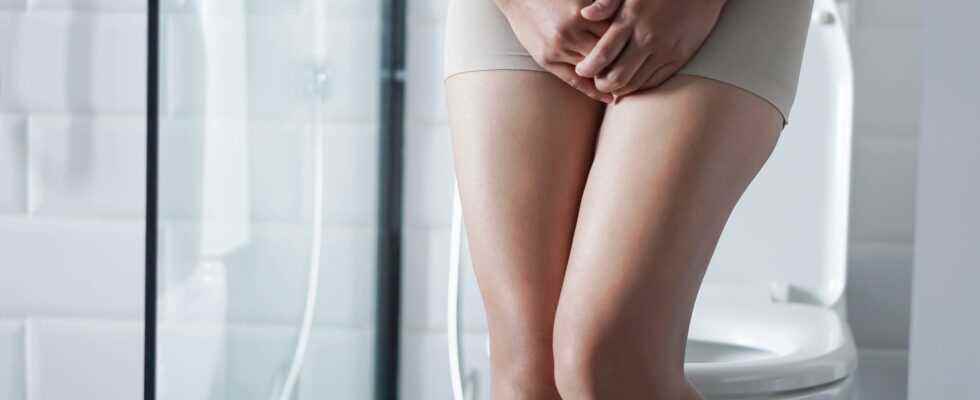Everyday tips for urinary incontinence:
Dress warmly in the cold season. When it is cold, the muscles contract and this can lead to unwanted urine loss.
keep yourself busy. “When some of my patients come home by car, the urge to urinate is suddenly incredibly strong,” says Christl Reisenauer: “One trick is then to park backwards to be distracted.”
Sounds banal, but clear the way. If you rush to the toilet at night, you can easily get caught on something or slip. Urinary incontinence increases the risk of broken bones.
Drinking less doesn’t help. This tends to weaken the body.
Get to the bottom of the causes: Asparagus can promote the urge to urinate. Sour orange juice, pineapple juice or hot spices can also lead to having to go to the toilet more often if you are sensitive.
After her trip, Birgit Bulla also tried to find reasons for the constant loss of urine. The first doctor didn’t even examine her, she says, blaming the problem on a bladder infection and prescribing antibiotics. When these didn’t help, an “odyssey” began for the author: many doctors sent her back home because they had specialized more in the prostate. Very few people knew about an irritable bladder. Bulla had an MRI examined, began taking various medications, tried out psychotherapy and even tried hypnosis. Nothing helped. But then a doctor suggested a treatment with Botox.
For Bauer and Reisenauer, this is not an unusual path: some of their patients have already been through many surgeries before they come to them. According to the current guideline, urinary incontinence can be categorized as stress, urge or mixed urinary incontinence in up to 80 percent of women by asking specific and standardized questions. After certain examinations, which are similar to those at the gynaecologist, the treatment can then begin.
urinary incontinence in men
Men are most commonly affected by urge incontinence, which is caused by the aging process, changes in the prostate or being overweight.
Stress incontinence, on the other hand, occurs mainly after an operation on the prostate.
Above all, physiotherapy has a high priority in the treatment: The first thing to do here is to create awareness of your own pelvic floor. The patient then practices targeted contraction of the pelvic floor with the therapist.
First of all, one tries to avoid operations, explains Reisenauer. With physiotherapy, women can learn how to specifically contract and relax the pelvic floor, which is helpful for both urge and stress incontinence. It is important that someone with appropriate training guides the patients. Special vaginal tampons made of soft, spongy plastic could support the urethra and strengthen the bladder occlusion in the event of stress incontinence, especially during sports, dancing or coughing fits. If women lose urine unplanned during sex due to urge incontinence, this may be due to an involuntary contraction of the bladder muscle. In this case, medication prescribed by the doctor would help.
Dancing without diapers in a wedding dress
However, if neither physiotherapy is of any use nor pills help, or if the women no longer want to rely on aids such as tampons, experts such as Christl Reisenauer recommend surgery: once she treated a young patient who absolutely wanted to dance in her wedding dress without a diaper. After surgery, she didn’t even need pads anymore. There are many possibilities: In some therapies, a sling is placed under the urethra to stabilize it more in the pelvic floor.
